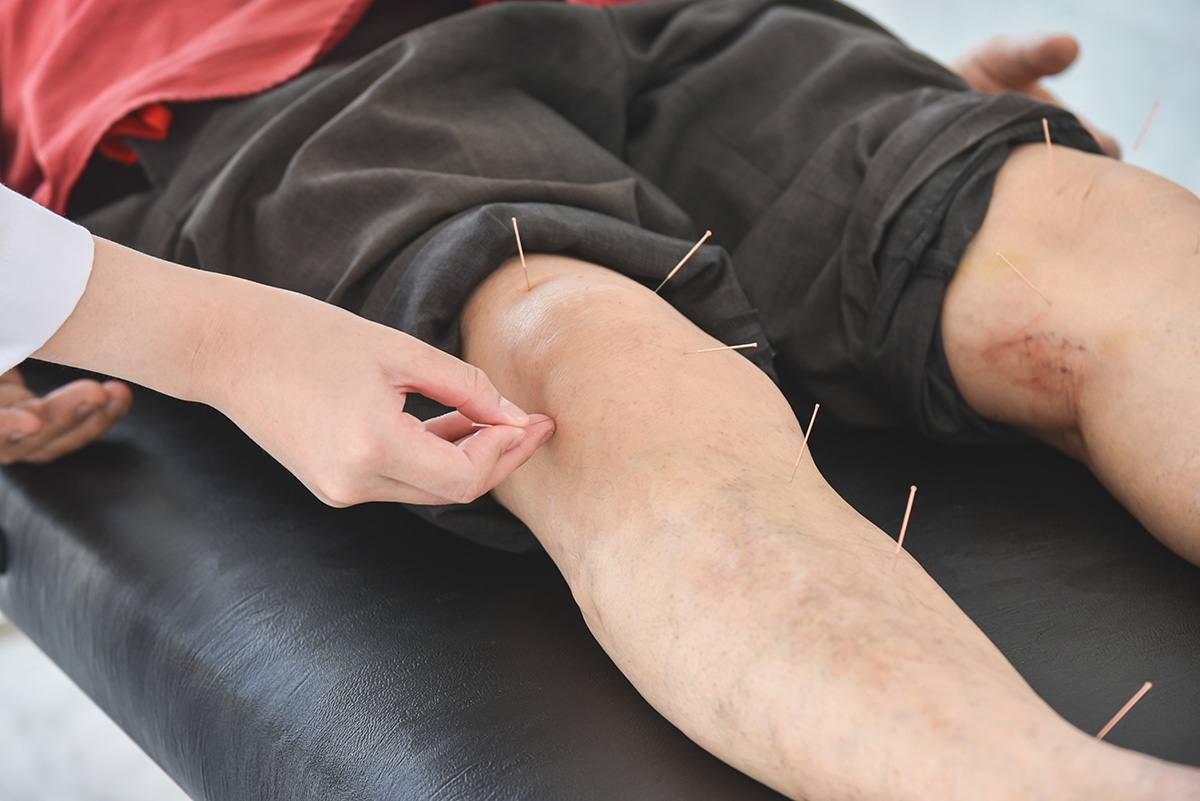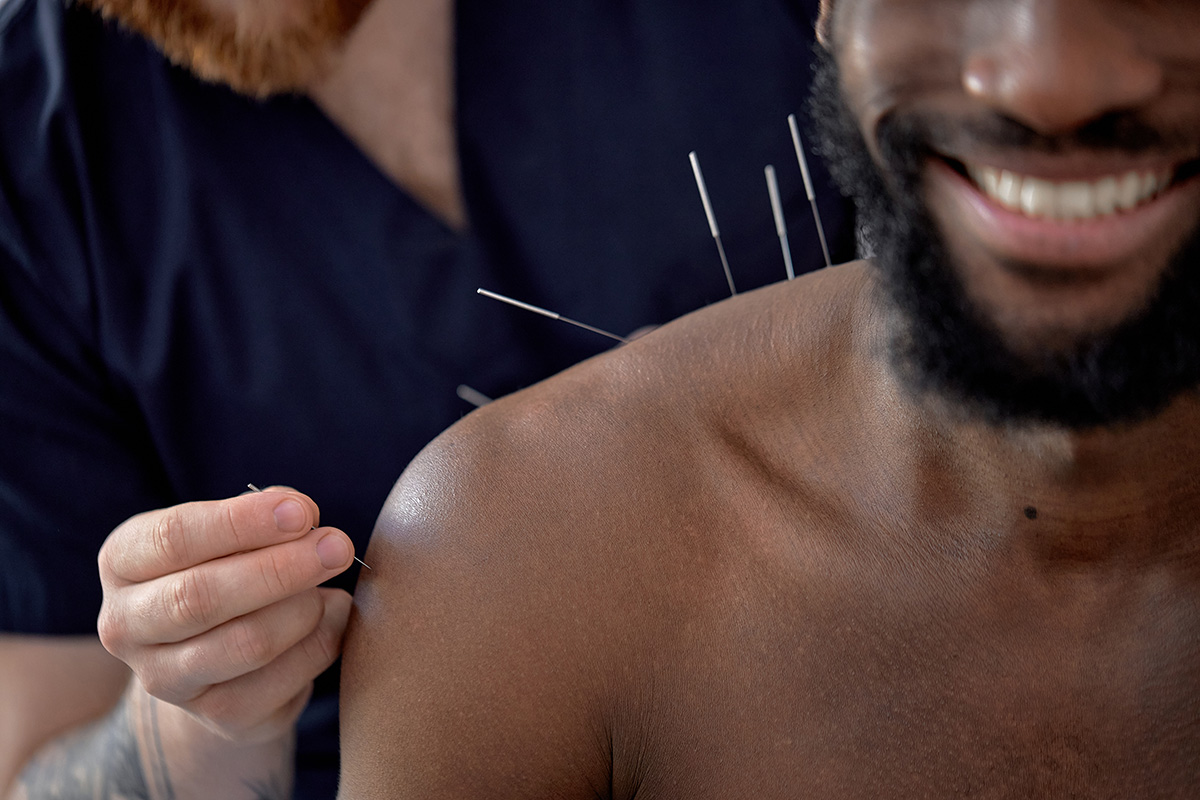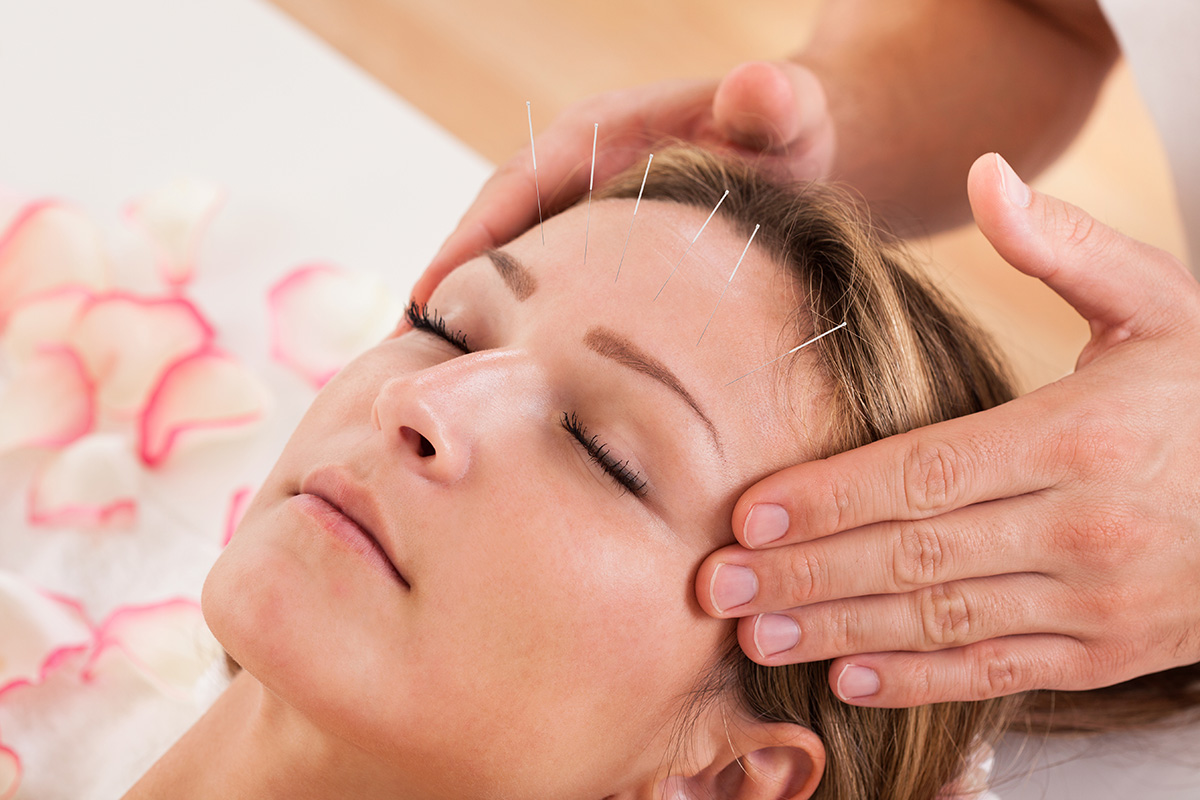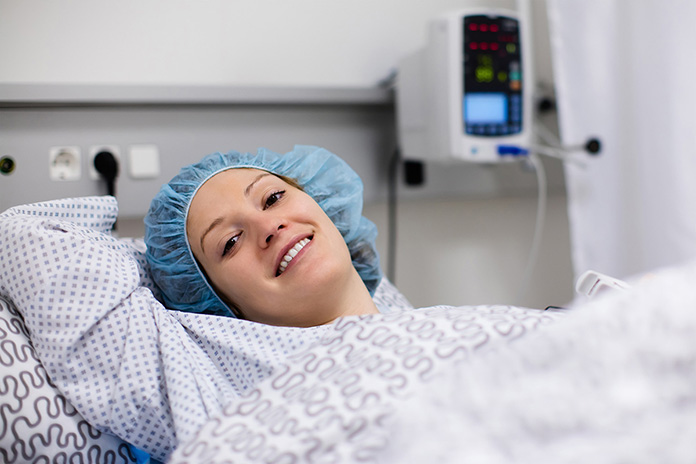Introduction
Surgical interventions, whether minor or major, place significant strain on the body. While advances in modern medicine have made procedures safer and recovery times shorter, post-surgical patients often face an array of challenges—pain, swelling, limited mobility, nausea, fatigue, stress, and, in some cases, delayed healing. Traditional medical approaches focus on pharmacological management, physical therapy, and wound care. However, an increasing number of patients and healthcare providers are turning toward complementary therapies to enhance recovery outcomes.
One such therapy is acupuncture, a centuries-old practice rooted in Traditional Chinese Medicine (TCM). Acupuncture involves inserting fine, sterile needles into specific points on the body to restore balance, improve energy flow (qi), and stimulate the body’s natural healing mechanisms. In recent decades, research has explored acupuncture’s role in post-operative care, revealing significant benefits that complement conventional medicine.
This article explores the scientific, physiological, and psychological benefits of acupuncture post-surgery, highlighting how it can support healing, improve quality of life, and potentially reduce dependence on pharmaceuticals.
Pain Management and Analgesia
Reducing Post-Surgical Pain
Pain is one of the most common and debilitating post-surgical symptoms. Conventional pain management often relies heavily on opioid medications, which, while effective, carry risks such as dependency, nausea, constipation, and respiratory depression. Acupuncture has emerged as a safe adjunct therapy that can reduce pain intensity and improve patient comfort.
Studies have shown that acupuncture stimulates the release of endorphins and enkephalins, natural pain-relieving chemicals produced by the body. It also influences the central nervous system, modulating pain perception pathways. Patients who receive acupuncture after surgery frequently report reduced reliance on opioids and improved tolerance of discomfort.
Targeted Pain Relief
Unlike medications that work systemically, acupuncture can provide localized relief by stimulating points near the surgical site or related meridians. For example, patients recovering from knee replacement surgery may benefit from points that target inflammation and stiffness around the joint, while those undergoing abdominal surgery may experience relief through points affecting digestion and circulation.
Reducing Inflammation and Swelling

Post-surgical inflammation is a natural response that promotes healing but can become excessive, leading to pain, swelling, and restricted mobility. Acupuncture influences the release of cytokines and inflammatory mediators, thereby regulating the immune response and reducing excessive inflammation.
By promoting blood circulation and lymphatic drainage, acupuncture helps clear metabolic waste and fluids that accumulate after surgery. This not only reduces swelling but also enhances tissue repair and recovery speed.
Nausea and Vomiting Control
Postoperative Nausea and Vomiting (PONV)
One of the most frequent and distressing side effects of surgery, particularly under general anesthesia, is nausea and vomiting. These symptoms not only impair patient comfort but also increase the risk of complications such as dehydration, wound dehiscence, and aspiration.
Acupuncture, particularly at the P6 (Neiguan) point on the inner wrist, has been extensively studied for its antiemetic effects. Clinical trials and systematic reviews have demonstrated that stimulating this point can significantly reduce the incidence and severity of PONV, making acupuncture a valuable non-pharmacological tool in recovery protocols.
Enhanced Wound Healing and Tissue Repair
Improving Circulation
Surgical wounds require optimal circulation to deliver oxygen, nutrients, and immune cells to the site of injury. Acupuncture promotes microcirculation, ensuring tissues receive the resources necessary for efficient healing.
Collagen Production and Scar Management
Some studies suggest that acupuncture may stimulate fibroblast activity, enhancing collagen production, which plays a crucial role in tissue repair. Patients may also experience improved scar flexibility and reduced adhesions, leading to better cosmetic and functional outcomes.
Restoring Mobility and Function

Musculoskeletal Recovery
Many surgical procedures, such as orthopedic surgeries, can result in stiffness, restricted range of motion, and delayed mobility. Acupuncture helps relax muscles, reduce tension, and stimulate nerve regeneration, supporting faster return to normal function.
Neurological Rehabilitation
For surgeries involving the nervous system—such as spine or brain procedures—acupuncture may aid in nerve recovery and reduce neuropathic pain. Its neuro-modulatory effects can encourage functional restoration and improved quality of life.
Stress Reduction and Emotional Well-being
Psychological Impact of Surgery
Surgery is not only physically taxing but also emotionally challenging. Anxiety before surgery, stress during recovery, and even depression due to limited mobility or prolonged healing can affect patient outcomes.
Acupuncture has well-documented benefits in reducing stress and anxiety by regulating the hypothalamic-pituitary-adrenal (HPA) axis and lowering cortisol levels. Patients often describe sessions as deeply relaxing, with improvements in mood, sleep quality, and resilience during recovery.
Supporting Holistic Healing
Unlike purely physical interventions, acupuncture addresses the mind-body connection, ensuring that patients experience emotional and psychological support as they recover. This holistic effect can foster positive attitudes, which in turn have been shown to accelerate healing.

Reducing Dependence on Medications
Limiting Side Effects
While painkillers, antiemetics, and anti-inflammatories are essential in post-surgical care, they come with side effects and risks. Acupuncture provides a drug-free alternative or adjunct, helping reduce dosages needed for symptom control.
This is particularly beneficial for patients with medication sensitivities, those at risk of dependency, or those undergoing multiple procedures requiring long-term pharmacological support.
Immune System Support
Surgery temporarily weakens the immune system due to stress, anesthesia, and tissue trauma. Acupuncture has been shown to modulate immune function, enhancing white blood cell activity, boosting natural killer (NK) cell activity, and improving resistance to infections.
This immune-regulating effect may be particularly valuable for vulnerable patients, such as the elderly, those with chronic illnesses, or individuals undergoing cancer-related surgeries.
Evidence from Research
Clinical Studies
- A systematic review in the British Journal of Anaesthesia highlighted that acupuncture and acupressure significantly reduce postoperative nausea and vomiting.
- Studies in orthopedic patients show that acupuncture reduces post-surgical pain scores and accelerates rehabilitation.
- Research on cardiac surgery patients has demonstrated acupuncture’s effectiveness in reducing arrhythmias, chest pain, and fatigue.
Integration into Hospitals
An increasing number of hospitals and surgical centers are incorporating acupuncture into perioperative care. In some cases, acupuncturists are part of the multidisciplinary surgical team, providing care before and after surgery to optimize outcomes.
Practical Considerations for Post-Surgical Acupuncture
Timing of Treatment
Acupuncture can be safely initiated soon after surgery, though timing depends on the patient’s condition, type of surgery, and medical approval. Early sessions may focus on nausea and pain control, while later sessions can target mobility, healing, and emotional support.
Safety and Sterility
When performed by a licensed professional, acupuncture is extremely safe. The use of sterile, single-use needles eliminates the risk of infection. However, practitioners must take into account surgical wounds, IV lines, and medical contraindications.
Customization
Treatment is highly individualized, with point selection tailored to the patient’s surgical site, symptoms, and overall constitution. This personalized approach ensures optimal results compared to one-size-fits-all interventions.
The Broader Value of Integrative Medicine
Acupuncture exemplifies how traditional and modern medicine can coexist to provide patients with the best possible care. By addressing gaps in conventional post-surgical care—such as minimizing medication side effects, enhancing emotional resilience, and supporting natural healing—acupuncture represents a valuable bridge between science and holistic wellness.
Patients who receive integrative care often report greater satisfaction, improved outcomes, and a more empowered role in their recovery journey.
Conclusion
Post-surgical recovery is a multifaceted process involving pain management, wound healing, mobility restoration, emotional resilience, and immune support. While modern medicine offers powerful tools to manage these challenges, acupuncture adds a unique, natural, and effective dimension to recovery care.
By reducing pain and nausea, regulating inflammation, enhancing circulation, supporting mental health, and boosting immune function, acupuncture enables patients to recover more comfortably, quickly, and holistically.
As research continues to validate its efficacy and more healthcare institutions adopt integrative approaches, acupuncture is poised to play an increasingly prominent role in post-surgical rehabilitation. For patients and clinicians alike, embracing this ancient practice alongside modern medicine may be the key to optimal recovery and long-term well-being.

Lee Schwalb is a licensed acupuncturist in New York City with over 20 years of clinical experience, treating a broad range of health issues, from idiopathic pain and acute injuries to stress, anxiety and many other conditions.


